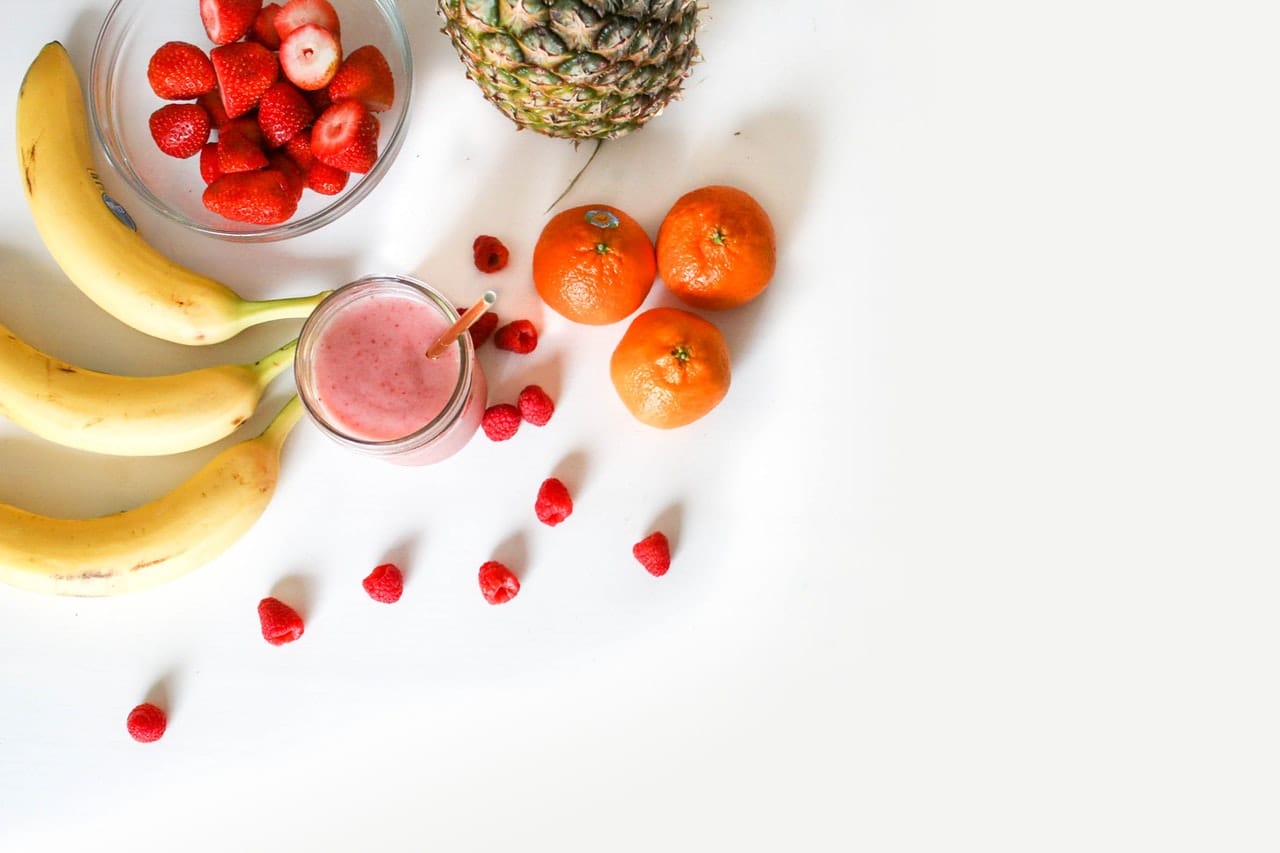During the cold months, it’s important to keep your immunity up to fight off any potential infections. In much the same way that an engine needs oil to run, your body too needs fuel to not only keep going but to perform well.
That means, for your future health, you should do what you can to build your body with a strong defence system. As such, you’ll be in a better position to defend yourself from conditions like the autoimmune diseases, Hashimoto’s thyroiditis and Graves’. What’s more, you could even help yourself put up a fight against cancer. If nothing else, it’ll help you manage the health impacts of natural ageing, too.
If you find yourself taking more sick days every year, it’s definitely time you made some better decisions for your health. We’ve recommended some really simple tips here that will boost your immune system so you can start better protecting your long-term health.
Boost Your Immunity During the Cold Months
Eat breakfast
A study by researchers at Cardiff University found that people who didn’t have something to eat in the morning were more likely to catch winter illnesses including the flu and the common cold.
Missing your morning snack or meal can have a detrimental effect on your health. By skipping breakfast – literally, “break-fast”, you’re encouraging your blood sugar levels to dip during an extended period of time without food. As such, this raises your stress levels and you experience a release of cortisol, the stress hormone. As a result, you’ll likely start craving carbs and sugar. On top of that, you might feel anxious, stressed and generally ‘foggy’.
This increased level of cortisol can kickstart the ‘fight or flight’ response, which lowers your immunity.
So, make time in the morning to get up and have something for breakfast.
Get a flu jab
Speaking of the flu, a no-brainer for boosting your immune system in the colder months is getting a flu jab.
Getting a flu jab prepares your body for the flu. Essentially, the vaccine is a way of teaching your immune system to recognise the flu as a threat. Granted, some people do go on to get the flu even having had the flu shot, but they will not experience it at the same severity had they not had the vaccine. This protection is thanks to the antibodies being activated as a response to the flu shot.
Also read: Keep Your Fitness On Track this Christmas
Find your calm
As we mentioned, if you’re stressed, your natural-born-killer cells are stressed too, and so they’re less effective at doing their job. Stress has been linked with the development of cancer because of the mutations in DNA and the knock-on effect this has on the compromised cells being able to heal.
We’re all living in a stressful time which has been going on for longer than we’d all anticipated. But, chronic stress can rewire your brain to the point where your fears begin to increase. Meaning, you become more susceptible to smaller triggers with a bigger stress response.
Stress is known to reduce the immune system. When we become stressed, our immune system can’t easily fight off antigens.
What’s more, stress can have a non-direct impact on your immune system by causing you to take on unhealthy coping mechanisms like smoking, drinking and eating junk food.
Luckily you can proactively do something about this. Finding time for self-care techniques like meditation, breathing exercises, yoga or simply taking half an hour to read a book with a cup of peppermint tea can do the world of good.
Get more zinc
Zinc is a fantastic mineral that can be found in every single cell that makes up your body. It is a key component for healthy cell function and development. For example, zinc has interactions with thousands of proteins inside your system. Also, about 300 enzyme processes, all different in their own way. And so, zinc is important for proper wound healing and repair as well as healthy gut functioning, vision, blood clotting and your sense of smell.
What’s more, it can bring your immune system back to a normal state if it ever goes into overdrive, and this reduces your risk of developing an autoimmune disease.
Most crucially, zinc gives your immune system a boost. When a person has a zinc deficiency (numbers of which are estimated to be around 2 billion people around the world), they experience a reduction in the function of their T-cells. And these are the protectors of your immune system.
If that weren’t enough, zinc is also a strong antioxidant. Speaking of which…
Up your antioxidants
Maintaining good health means enriching your diet with lots of nutrient-dense foods that boost your immune system. What’s more, it can help balance out your hormones. As such, foods that are high in antioxidants are good for you because they reduce (and even reverse) the impact of having excess hormone levels. They stabilise what’s known as ‘free radicals’ and reduce your chances of developing illnesses and diseases.
Also read: Great Reasons to Become a Home Health Aid
Look after your gut
Studies have shown when you have an excess of bad bacteria to good bacteria, your immune system is compromised. As such, your gut is able to reduce your immunity if you experience chronic digestion problems. Examples such as dyspepsia (painful passing of gas after eating), leaky gut (small holes open between your mucosa sells and gut lining) and acid reflux.
There are plenty of easily-consumed immune system boosting drinks on the market to help boost your gut functions. Otherwise, ensure to eat healthily and think twice about smoking and consuming too much alcohol. This will have you well on your way to boosting your immunity during the cold months.
Get some vitamin C
A high strength liposomal vitamin C is the perfect way to boost your immunity during the cold months. Because vitamin C contributes toward a solid inner defence by supporting many of the cellular functions in your immune system.
What’s more, vitamin C has traditionally been used to reduce the symptoms and persistence of the common cold and flu. So if you are unlucky and catch something in the winter, you should persist with getting vitamin C into your diet. This could be an easy-to-take supplement, or one orange a day contains the recommended amount of vitamin C.
These are just some of the ways to boost your immunity during the cold months, hopefully, they fit easily into your lifestyle. Happy health to you!






